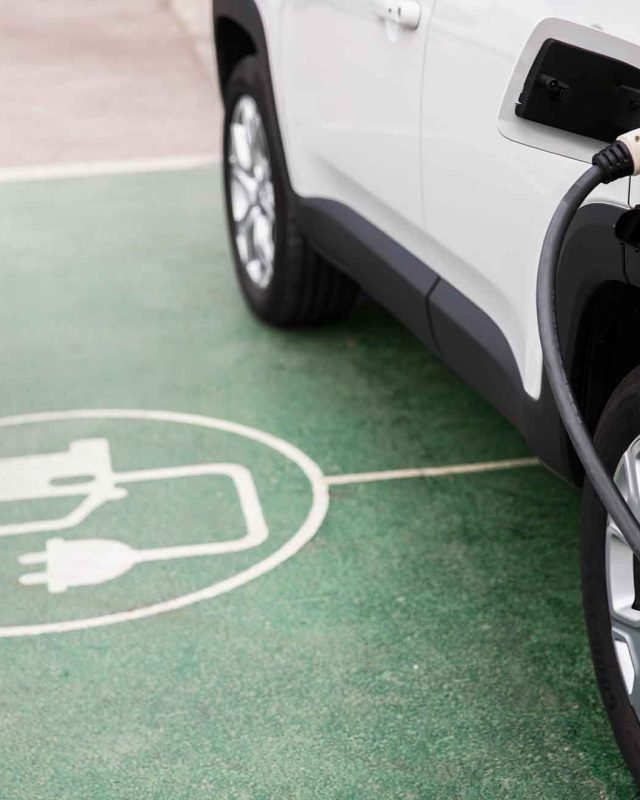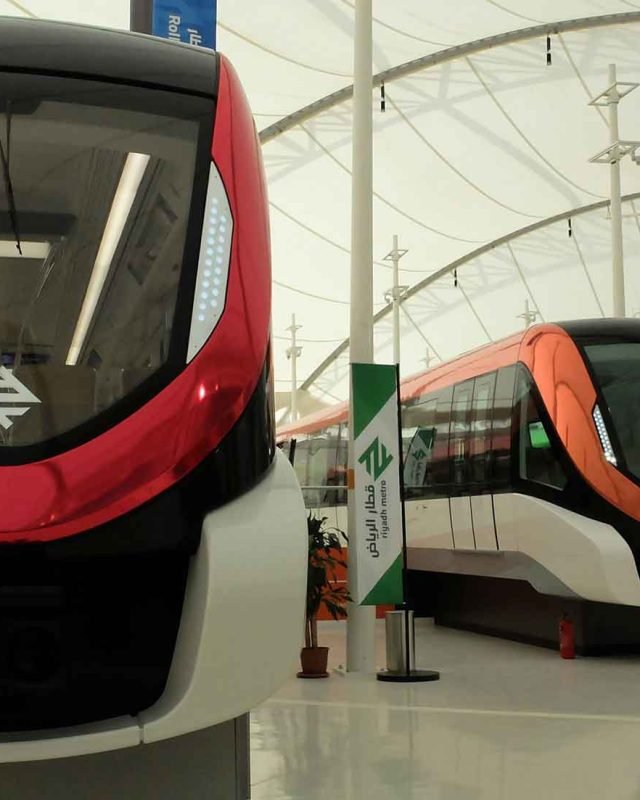Overview
Autonomous Vehicle Integration in Saudi Arabia represents a significant milestone in the nation’s drive toward modernizing its transportation infrastructure and aligning with Vision 2030. As the Kingdom continues to embrace innovation, the integration of autonomous vehicles (AVs) presents both opportunities and challenges. This article delves into the technological hurdles, regulatory frameworks, and potential impacts of AV adoption in Saudi Arabia.
Technological Challenges
The road to full Autonomous Vehicle Integration in Saudi Arabia is fraught with technological challenges. At the forefront is the need for robust AI systems capable of processing real-time data from a myriad of sensors, radars, and lidars under varying environmental conditions. The Kingdom’s unique geography, characterized by vast deserts and frequent sandstorms, necessitates that these systems function flawlessly in extreme conditions. For instance, poor visibility due to sandstorms can disrupt sensor accuracy, leading to potential safety risks.
Another challenge lies in the development of reliable communication networks. Autonomous vehicles rely heavily on Vehicle-to-Everything (V2X) communication to interact with other vehicles, infrastructure, and pedestrians. Ensuring the seamless operation of these networks, particularly in remote areas, will be crucial to the success of AV integration.
Regulatory Considerations
Saudi Arabia has made significant strides in establishing a regulatory framework for Autonomous Vehicle Integration. The country’s Ministry of Transport and Logistics has been instrumental in developing regulations that address safety, liability, and cybersecurity concerns. One of the key regulatory milestones was the introduction of the ‘Dhahaina’ (‘Smart’) self-driving electric vehicle trial phase, which is part of the broader Vision 2030 roadmap.

The legal landscape for AVs in Saudi Arabia is evolving rapidly. Current regulations mandate that autonomous vehicles must pass rigorous safety and technical examinations before being granted licenses to operate. Additionally, the Kingdom’s laws place liability on operators in the event of accidents, a critical consideration as AV technology continues to develop.
The establishment of a comprehensive regulatory framework is essential to ensuring the safe and responsible deployment of autonomous vehicles. Saudi Arabia’s proactive approach, which includes collaboration with global technology leaders and adherence to international safety standards, positions the Kingdom as a leader in AV adoption in the region.
Potential Impacts
The successful integration of autonomous vehicles in Saudi Arabia, though still in its early stages, has the potential to revolutionize the transportation sector. One of the most significant impacts is the potential for enhanced road safety. By reducing human error, which is a leading cause of accidents, AVs could significantly lower the number of traffic-related fatalities and injuries.
Furthermore, the adoption of AVs aligns with Saudi Arabia’s sustainability goals. Autonomous vehicles are often electric, contributing to the reduction of greenhouse gas emissions and supporting the Kingdom’s efforts to combat climate change. Additionally, the integration of AVs into public transportation systems could lead to more efficient and reliable services, improving overall mobility for residents.
However, the transition to autonomous vehicles also poses challenges, particularly in terms of job displacement. As AVs become more prevalent, certain jobs within the transportation sector may be at risk, necessitating a focus on workforce retraining and education to mitigate the impact on employment.
Conclusion
The integration of autonomous vehicles in Saudi Arabia is a complex but promising endeavor. While there are significant technological and regulatory challenges to overcome, the potential benefits in terms of safety, sustainability, and efficiency are substantial. As Saudi Arabia continues to advance its Vision 2030 agenda, Autonomous Vehicle Integration will play a pivotal role in shaping the future of the Kingdom’s transportation landscape.



